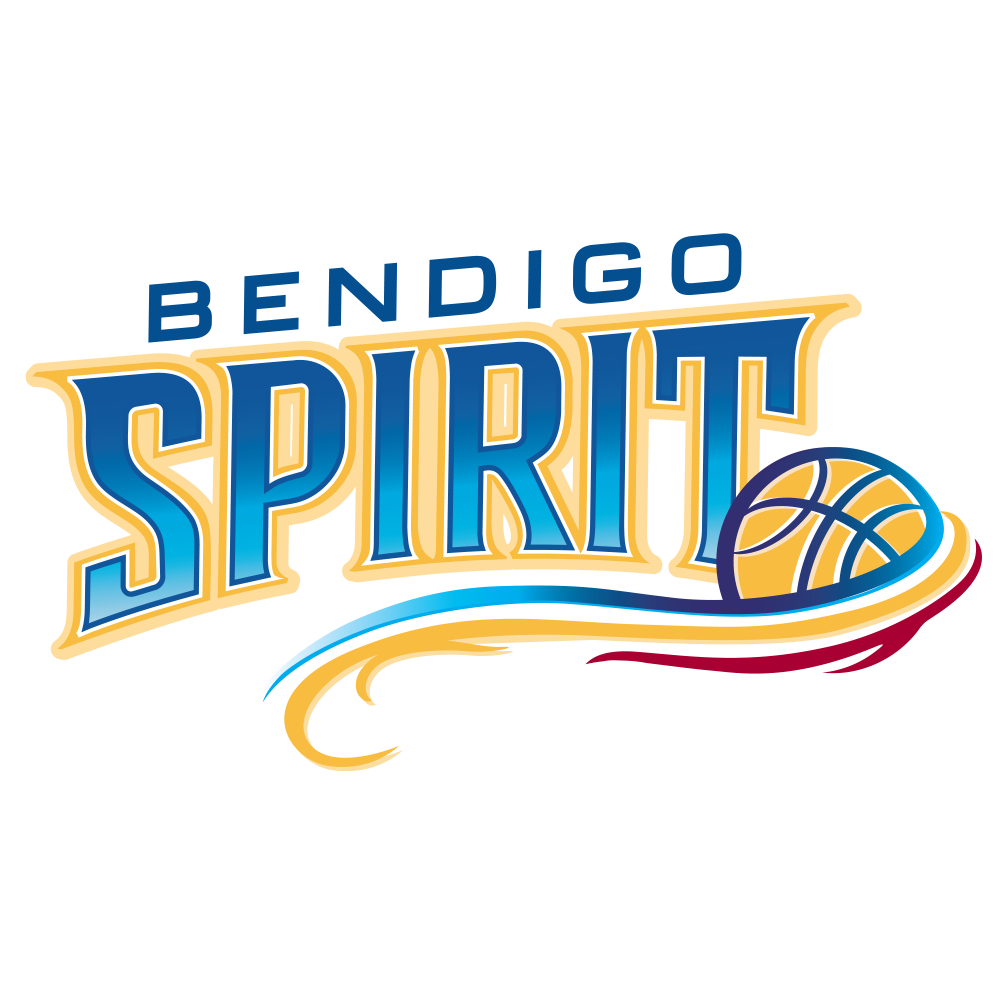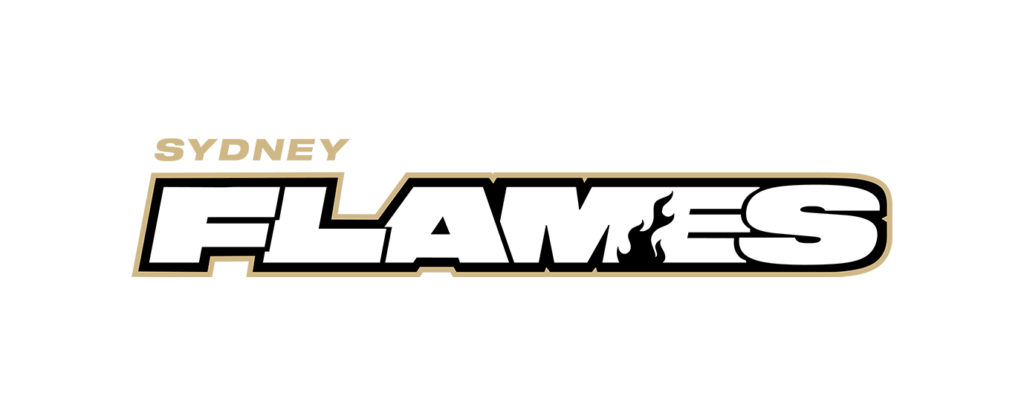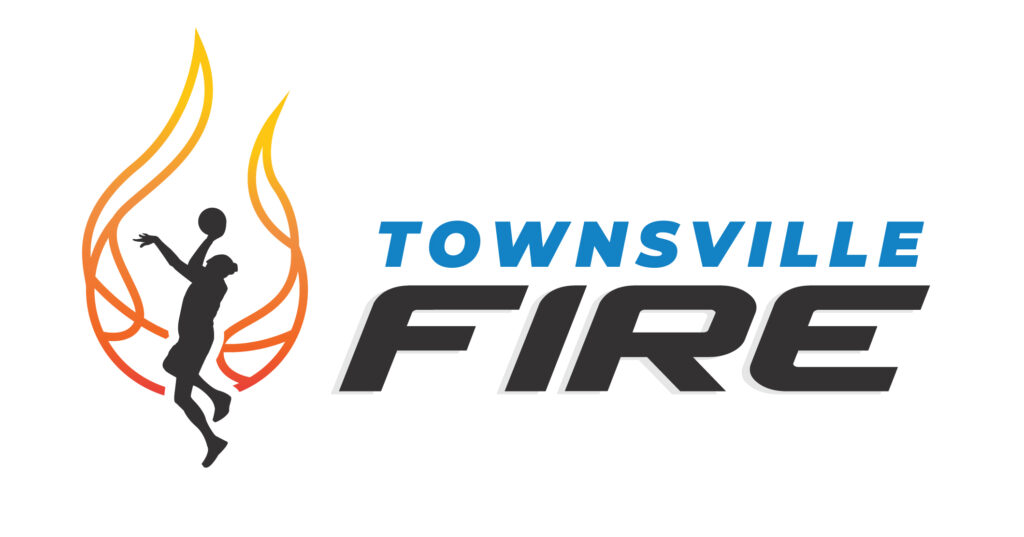The WNBL mourns the loss of league co-founder Ted Powell, Boti Nagy has penned a fitting tribute to Ted.
Written by Boti Nagy.
Powell passed peacefully after a courageous two-year battle with cancer and probably will best be remembered for the work he did in conceiving and starting the WNBL in 1981.
But not only is he credited with tipping off the sport’s most important women’s league and thereby building the game at the top end, he also was responsible in 1976 for bringing mini-ball to South Australia, revealing and reinforcing his passion for the sport at the grassroots level.
Powell also “discovered” one of South Australian basketball’s greatest ever players, Rachael Sporn, brought some of the first quality American imports – such as Rhonda Corkeron (nee Bates) – into the sport and played a major role in the careers of local standouts such as dual-Halls Medallist Cass Pujals (nee Dalton).

A POWELL FAVOURITE: Heather McKinnon blossomed under Ted Powell’s tutelage into a star.
Crossing to West Adelaide from Sturt to take up managing the club’s Bowden Stadium headquarters, Powell first was a distinguished junior girls coach.

CENTRE OF ATTENTION: Tracy Scrutton also thrived in Powell’s Bearcats environment.
He coached West’s under-16 girls to the National Classic title in 1980 and was South Australia’s under-16 state coach in 1976-77-78, winning the national championship in 1977.
He held the role of under-18 SA state coach in 1971-79-80-81 and was West Adelaide Junior Coaching Director from 1977 to 1992.
Powell inherited the Bearcats’ senior women’s team from Terry Aston who moved across to the men to act as player-coach Ken Richardson’s bench coach after the NBL launched in 1979.
Coaching West Adelaide to SA championships in 1980-83-87, Powell also took the Bearcats into the 1985 WNBL Final and also the Australian Club Championship that same year.
The men’s NBL launched in 1979 and St Kilda’s women’s coach, Bill Palmer was still playing for Nunawading Spectres and part of the new league. The NBL was a gamble but after its inaugural season, it grew in 1980.
“Personally, I think a few of us in the women’s game were spurred by the idea that the men were now getting regular interstate competition,” Palmer said.
“I mean we (the coaches) had been talking about a national competition of sorts for years but that’s as far as it had gone – talk.”
In 1980, it suddenly got serious when Powell, whose Bearcats had just won the championship in SA, decided it was time a genuine effort was made to establish regular interstate competition between club teams.
Until then, the only arena for interstate club interaction was either the Australian Club Championship – an annual five-day tournament featuring the 24 best clubs from around the nation, with the host venue rotating between Sydney, Melbourne and Adelaide – or various popular minor tournaments such as the Warrnambool Seaside Classic around Australia Day, or Swan Hill’s annual New Year’s carnival.
The Australian States Championship, a weeklong carnival contested annually between senior state teams, also still was in operation. The problem with this competition was it only catered for the 10 selected elite players of each state.
“We were looking to raise the level of club competition by regularly playing against the best from interstate,” Powell said years later when recalling how it all began.
All that existed at the time were repetitive and one-dimensional state leagues.
The women needed something better for the game to develop.
Powell sounded out fellow South Australian coaches Kay McFarlane of North Adelaide Rockets and Brendan Flynn of Noarlunga City Tigers about a concept involving the three SA teams and three leading Victorian clubs, St Kilda, CYMS and Telstars competing in a regular interstate competion.
The initial name for what would become the WNBL was the Southern Conference Big Six.
Powell contacted Palmer who responded cautiously optimistic, signalling this plan could evolve into a bona fide national league.
Buoyed by the response, Powell immediately contacted McFarlane and Flynn to arrange a lunch meeting at the Governor Hindmarsh Hotel in Adelaide to discuss the next steps.
By the time the 1980 Australian Club Championship in October in Sydney came around, NSW teams Sutherland and Canterbury-Bankstown were also invited.
In Warrnambool on Sunday, January 25, 1981, the eight-team competition was ready for its June launch as the “Women’s Interstate Basketball Conference.” The Australian Institute of Sport had the funding to also jump aboard and did just that, the league launching on Friday, June 19, 1981 when the AIS played in Adelaide.
Powell’s vision and more, his determined intent to make it happen, was underway.

MORE POWELL FAVOURITES, TOP: Debbie Miller. 2ND: Merryn Jenkinson. 3RD: Katrina Balter. ABOVE: Import Dametra Johnson with Jo Matthews, Jacqui Pearce and Heather McKinnon
He coached West Adelaide Bearcats’ WNBL team from 1981-1991 and made sure his club conducted itself in the most professional possible manner.
Team photos, publicity, stats – Powell drove it all and on out to the media, when he wasn’t out chasing sponsorships or coaching his ball club. He was committed and fulltime in every sense.
Such was the strength of West Adelaide as a club at the time, that its men did not miss an NBL finals series from 1979-1983 (winning the championship in 1982) while its women were WNBL semi finalists in 1981-82 and a grand finalist in 1984.
Powell loved and respected the burgeoning new league, whether West was at Bowden, then Athol Park or Apollo Stadium and he again drove pre-game meals for sponsors, media and friends, and post-game functions for all of the above, plus the players.
A two-time State senior coach, Basketball Association of SA Coach of the Year in 1987, a WNBL Award of Merit in 1995, a WNBL Executive Member from 1980 to 1984, Powell was awarded WNBL Life Membership in 2001.
In 2013 when West Adelaide Bearcats Basketball Club inaugurated its Hall of Fame, Powell was an automatic inductee and immediately afforded “Legend” status, the highest honour the club could award.
He continued to coach at senior (now Premier League) level in South Australia after his tenure at West ended, successfully steering Central District Lions into a preliminary final and turning Murray Bridge Bullets into a competitive force.
He won a further Coach of the Year accolade along that journey.
Happily married to Noarlunga City Tigers’ WNBL star Sue Bruce for more than 20 years, Powell was one of the greats of our game and should be remembered no other way. His is another huge loss.








